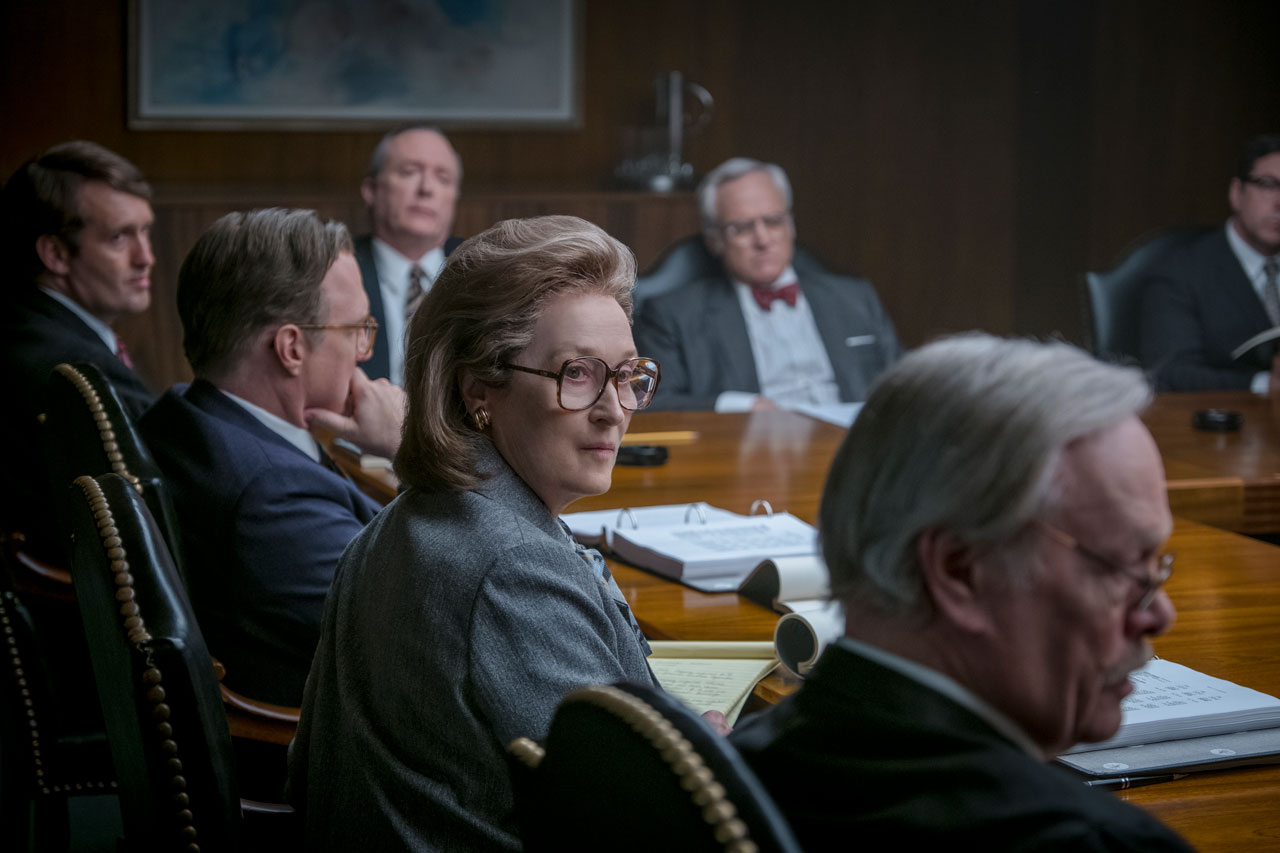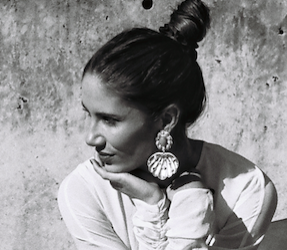News feed

The above question is difficult to answer. But this awards season, one thing is for certain: Right now, we live in an of-the-moment era where even if a film’s plotline doesn’t reflect the political changes in the world right now, the way we view it, as people in this politically changing world, hinders our experience. And this, for members of the Academy, will alter the swinging vote.
It’s an interesting mix in this year’s Best Picture nominee line-up, films that intersect this social moment with moving stories and biopics that reflect issues such as the black rights movement and inadvertently the Trump administration.
Steven Spielberg’s high-wire newspaper drama The Post focuses on the rights of the embattled free press when the truth is challenged and assaulted by the White House as told through the tale of The Washington Post editor Katharine Graham (Meryl Streep). Call Me By Your Name sees A Bigger Splash director Luca Guadagnino chronicle the same-sex relationship of a 17-year-old teenage boy and his father’s American assistant in the northern Italian countryside. Get Out, another serious contender, is a horror satire that brings race issues to the forefront of cinema-goers minds as a black man meets his white girlfriend’s family for the first time. It’s important to note here as well this film was released in February 2017 and while received incredibly well, there are other films which reflect right here right now (Lady Bird would be a good pick for an Academy and film industry trying to clean up its image post Weinstein.) But does the current success of Black Panther at the box office (US $900 at the last count) help Get Out’s golden plight?
Three Billboards Outside Ebbing, Missouri is by far the most polarising. McDormand’s performance is undeniably outstanding but it’s how racist her character is that is most jarring. The Shape Of Water is nominated for 13 Oscars today – the same as La La Land – but will it meet the same fate and be stumped at the post by a film that perhaps reflects our cultural moment more so? It’s all food for thought and in such a divided field, it is really impossible to tell how voters will list their preferences on their ballot papers. For, how do you measure a big scale production like Dunkirk against powerful tales of our contemporary social landscape?
How would you vote?









